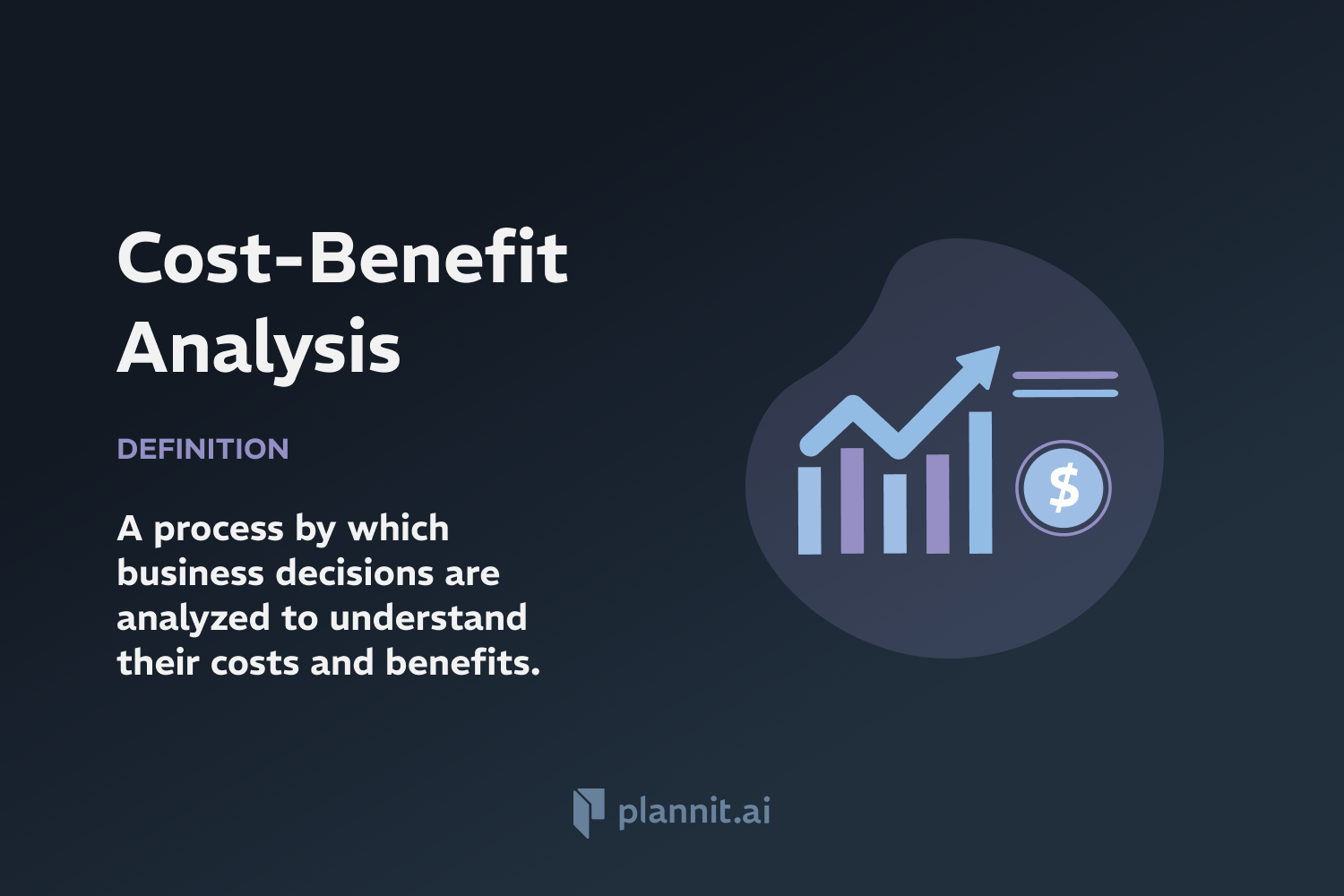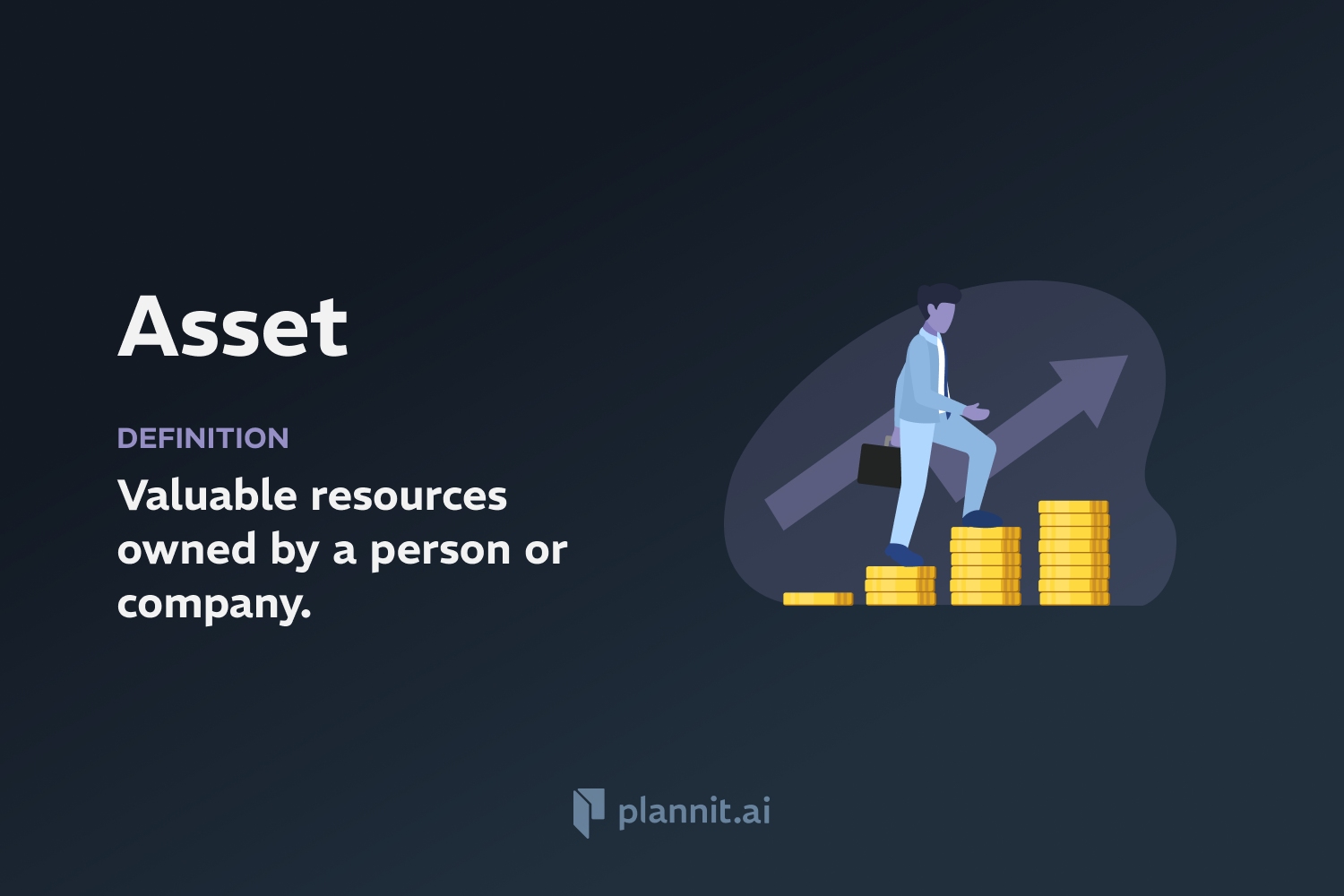Need Help With Your Business Plan?
Answer tailored questions and get a detailed business plan in minutes.
Due Diligence: Definition & In-Depth Explanation
Definition:
Due Diligence refers to the investigation, audit, or review performed to confirm facts or details of a matter under consideration. In the business context, it typically refers to the process through which a potential acquirer evaluates a target company or its assets for an acquisition.
Context of Use:
Due diligence is essential in various scenarios, including business acquisitions, investment decisions, and partnership agreements. It is a critical process in finance and law where detailed research is conducted before entering into an agreement or a financial transaction with another party.
Purpose:
The purpose of due diligence is to ensure that all stakeholders have the information they need to make informed decisions. It minimizes risks, uncovers potential liabilities, and helps in assessing the merits of a transaction.
Example:
Mergers and Acquisitions: Companies perform due diligence to analyze the financial, legal, and operational affairs of the target company to ensure that there are no surprises after the transaction.
Real Estate Transactions: Potential buyers conduct due diligence by inspecting the property, reviewing its legal status, and checking environmental regulations.
Related Terms:
Risk Assessment: The identification and analysis of relevant risks to achieving an objective, forming a basis for determining how the risks should be managed.
Financial Audit: An objective examination and evaluation of the financial statements of an organization to make sure that the financial records are a fair and accurate representation of the transactions they claim to represent.
Compliance: The process of making sure your company and employees follow all laws, regulations, standards, and ethical practices that apply to your organization and industry.
FAQs:
1. What are the key components of due diligence in mergers and acquisitions?
A: Key components include financial due diligence (reviewing financial statements and tax compliance), legal due diligence (examining legal contracts and issues), and operational due diligence (assessing the operational aspects of the company).
2. How long does the due diligence process typically take?
A: The duration can vary greatly depending on the complexity of the transaction, the size of the company being evaluated, and the specific areas of concern. It could range from a few weeks to several months.
3. Can due diligence guarantee the success of a transaction?
A: While due diligence helps in making informed decisions and mitigating risks, it cannot guarantee the success of a transaction due to other external factors influencing outcomes.
4. Who typically performs due diligence?
A: Due diligence is usually performed by professionals such as accountants, lawyers, and consultants who specialize in various aspects of the process.
5. Is due diligence only applicable to business transactions?
A: While commonly associated with business transactions, due diligence is applicable in any situation requiring thorough research and verification, such as partnerships, job hires, and more.
Get funding with a business plan that will impress investors.
Starting a New Business?



